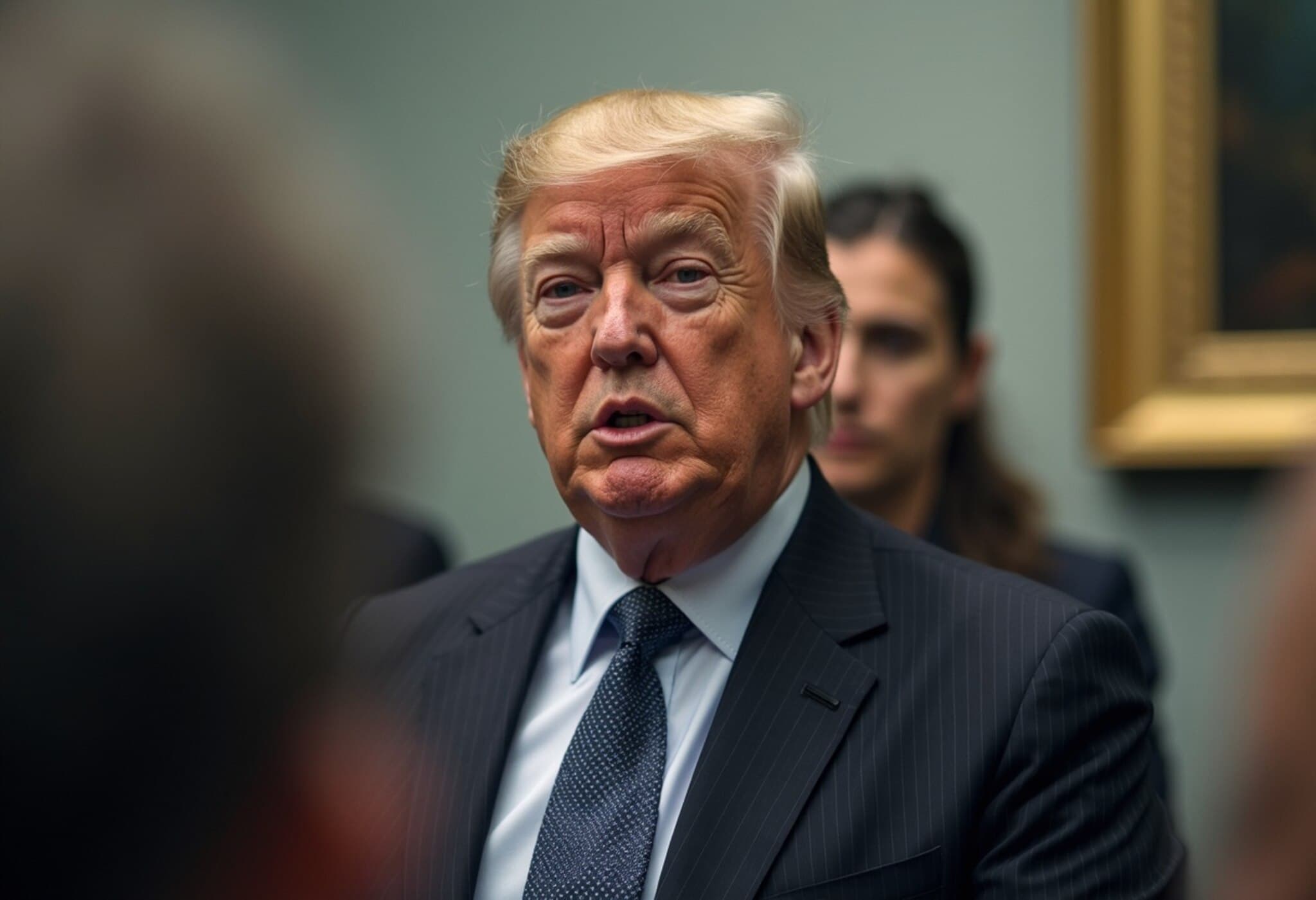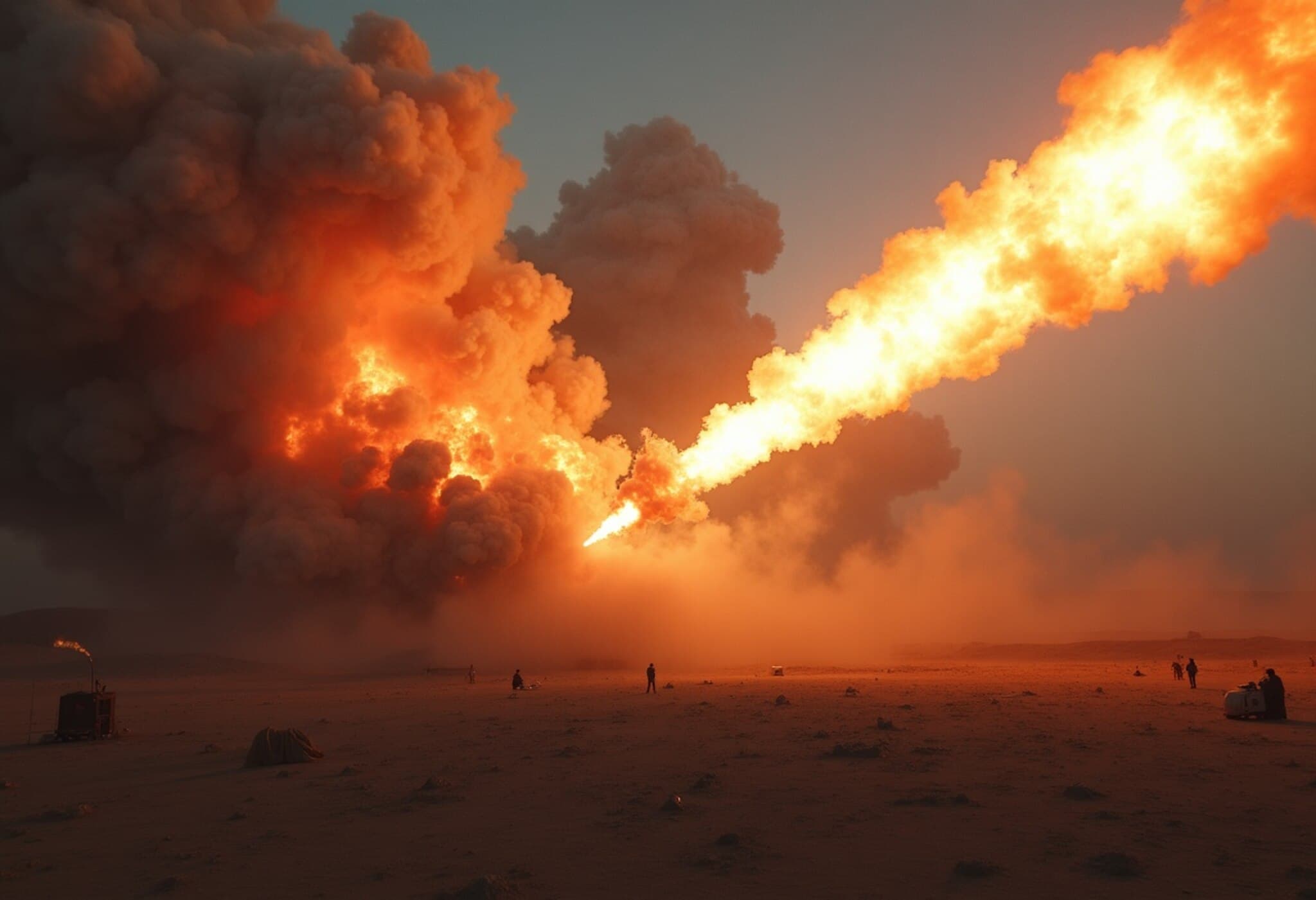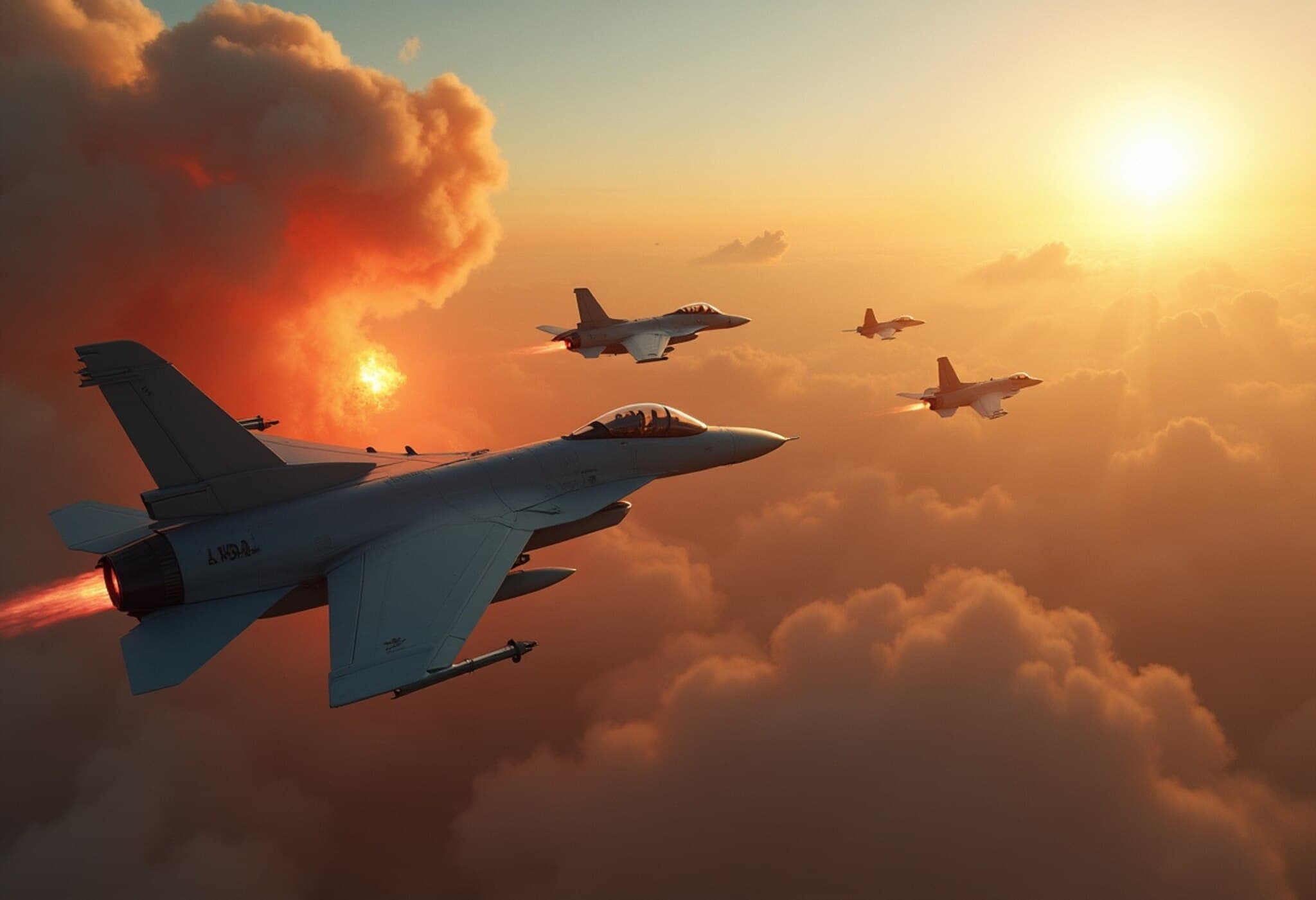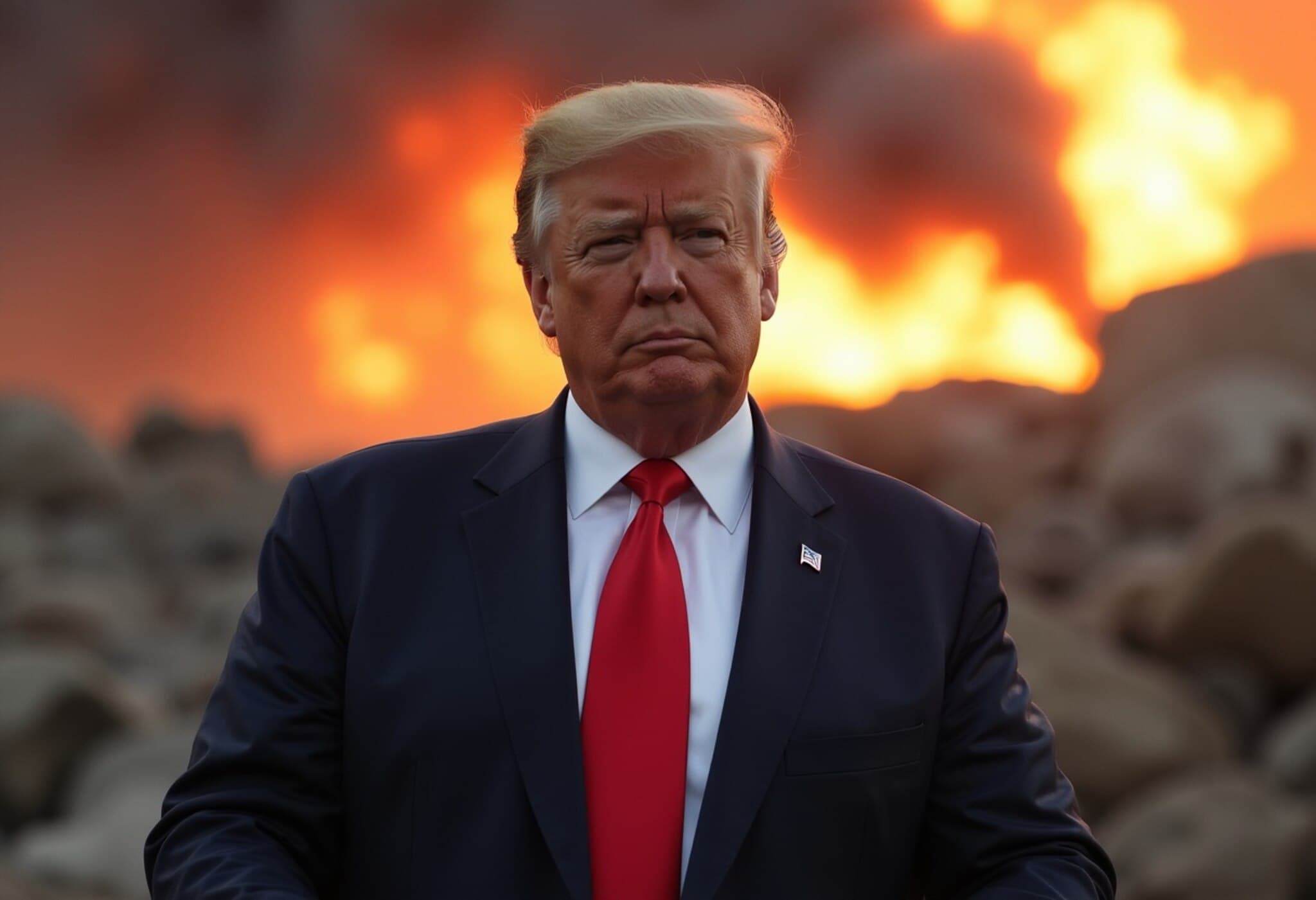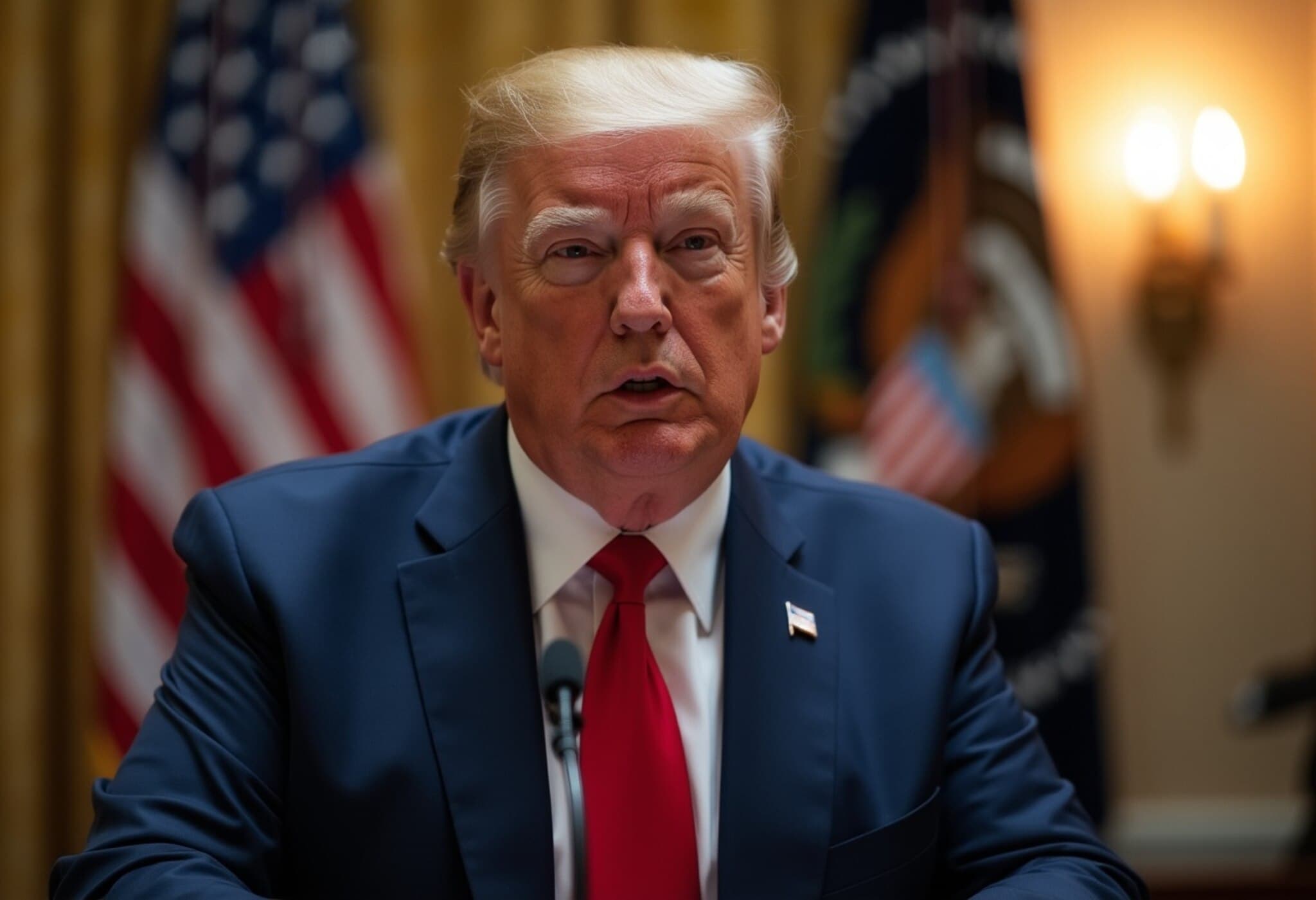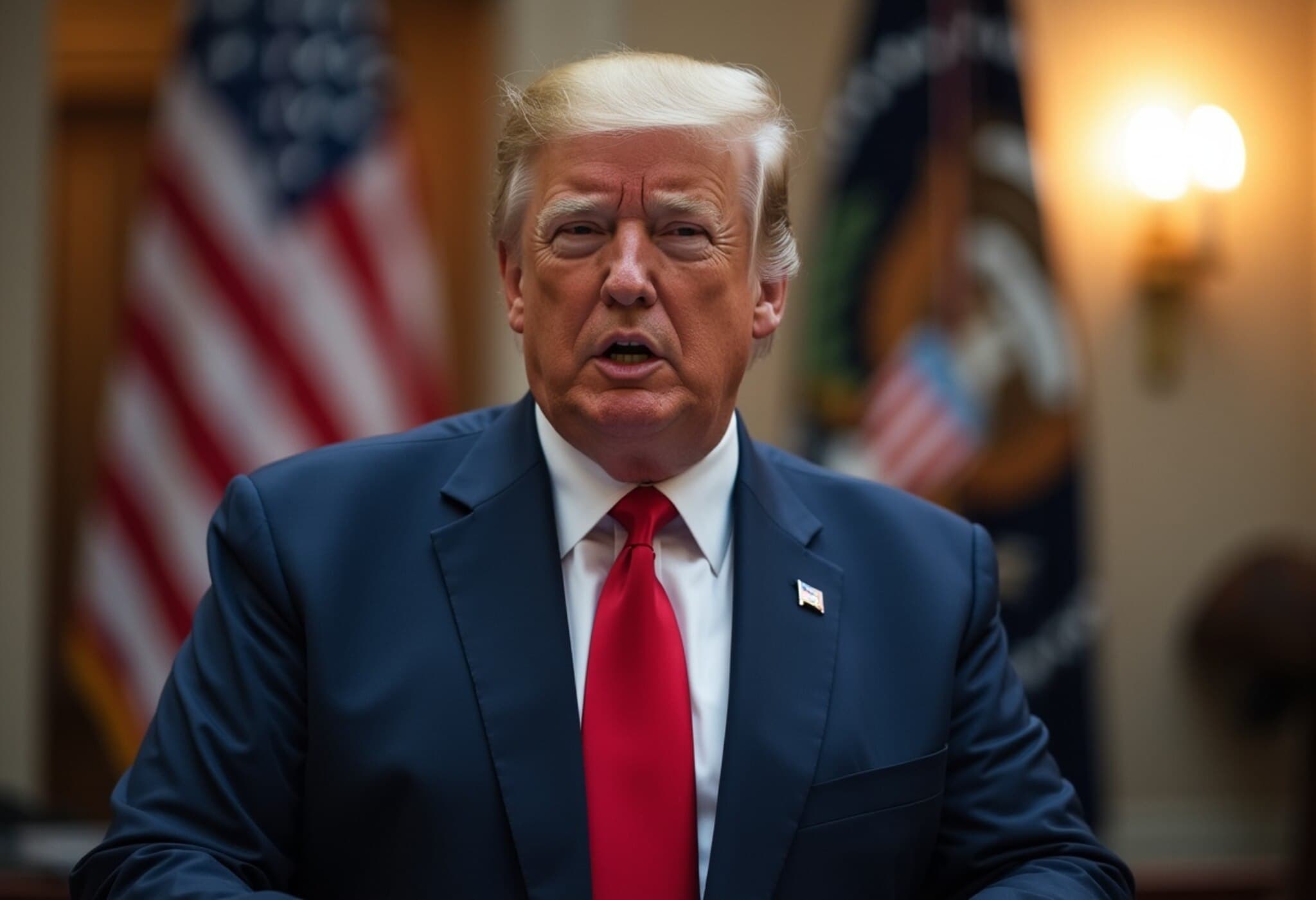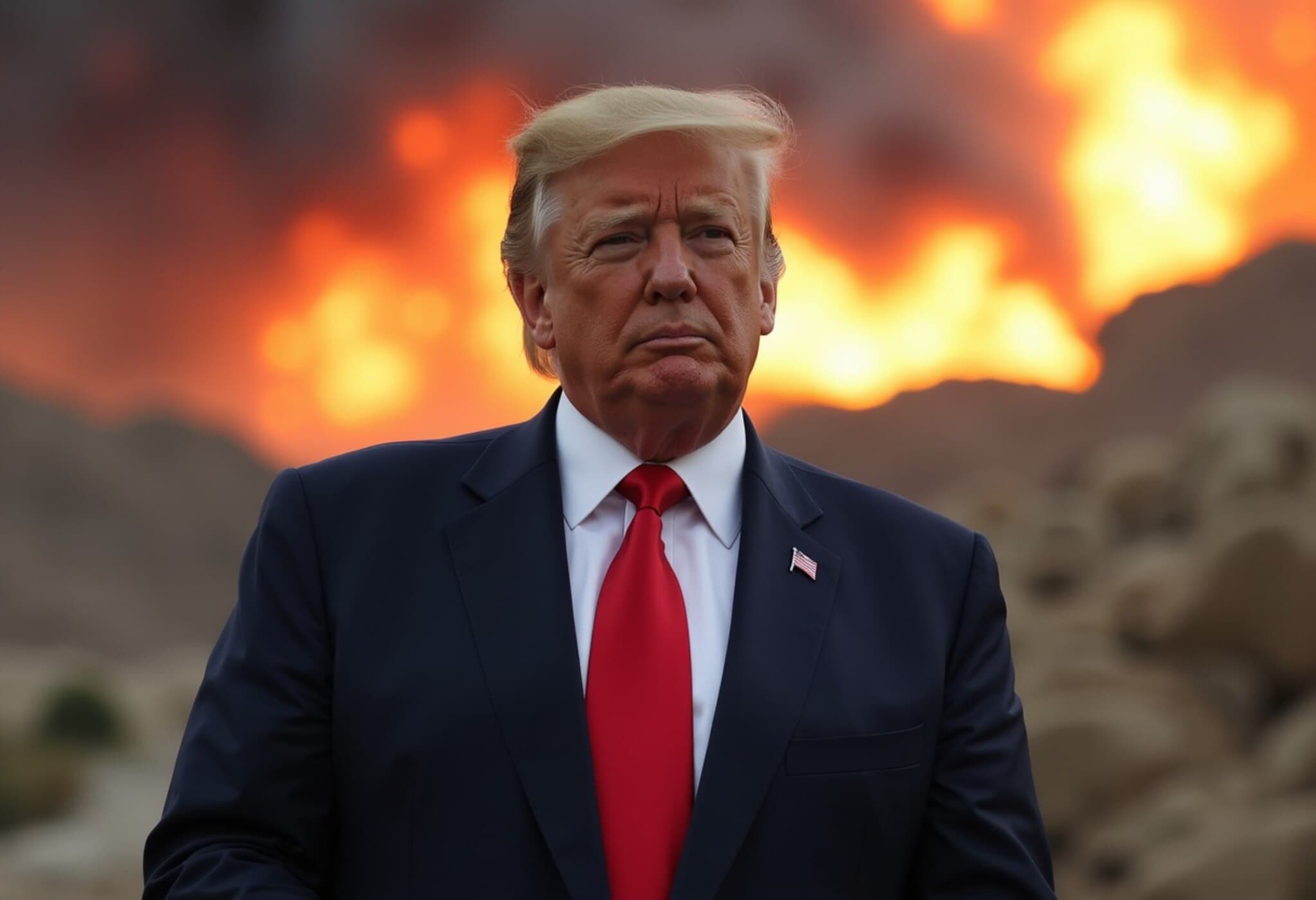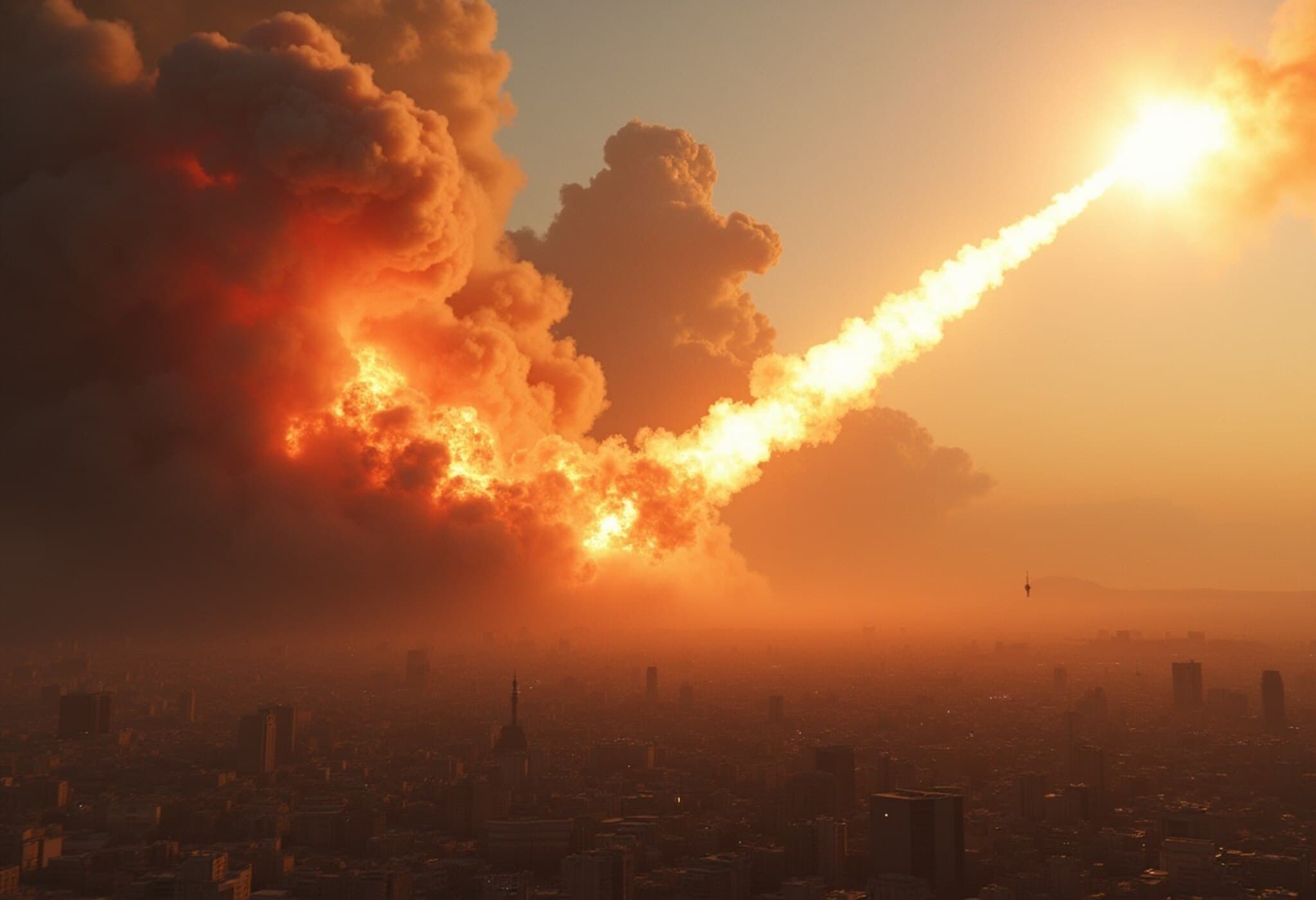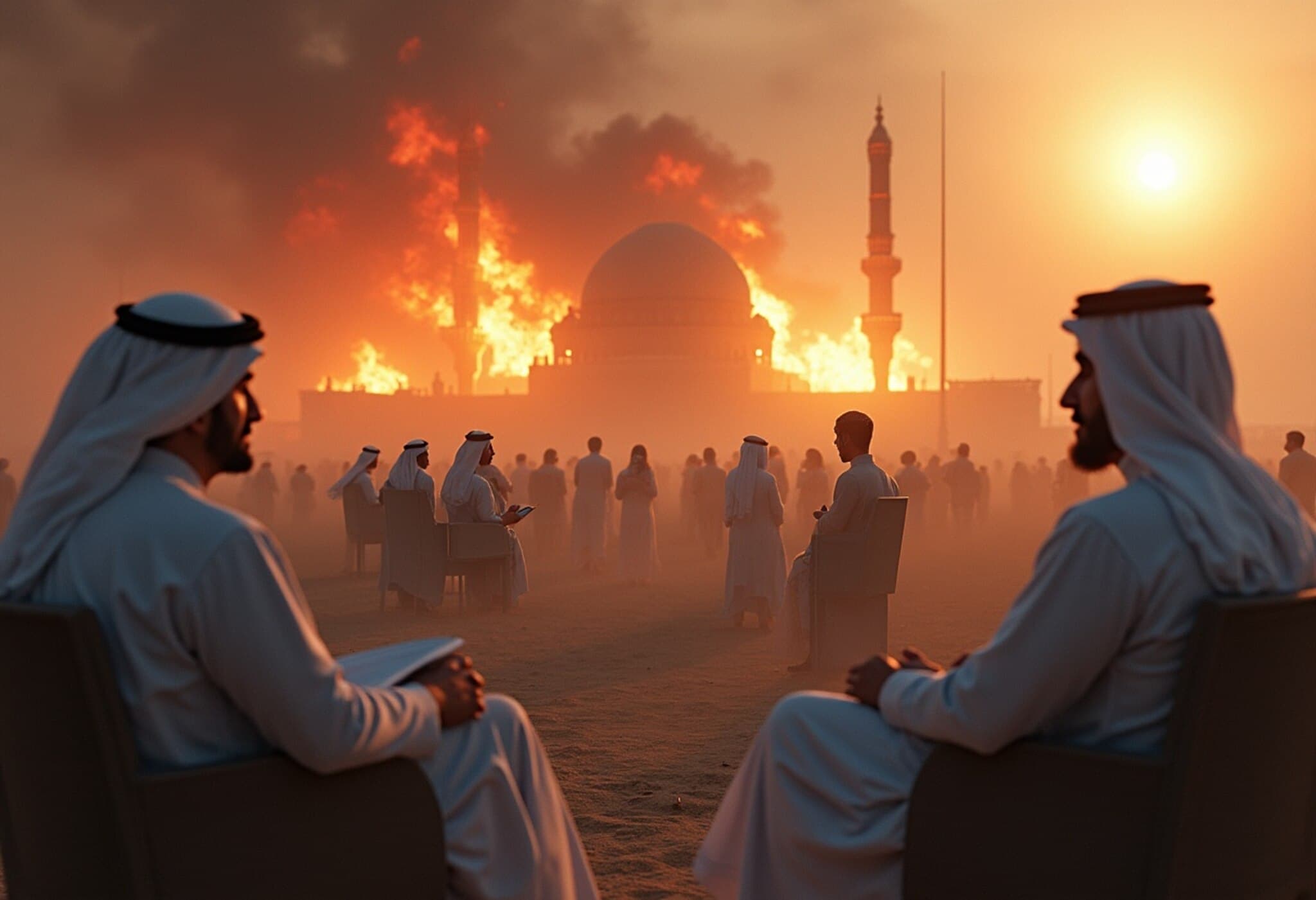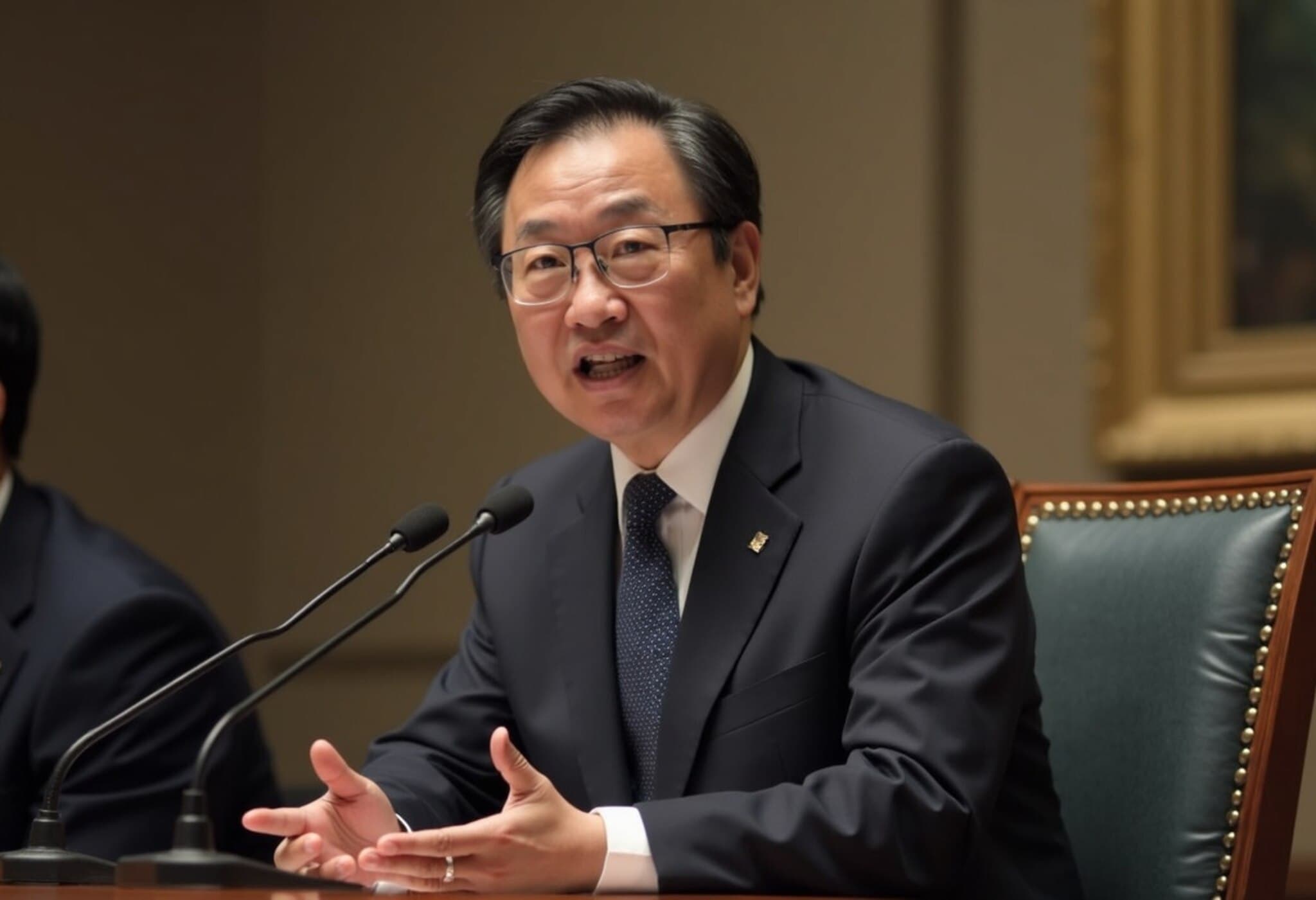US Vice President Emphasizes Focus on Iran’s Nuclear Program
In a recent statement following targeted strikes on Iran’s nuclear infrastructure, U.S. Vice President JD Vance asserted that America is not engaged in a war with Iran itself but rather with its nuclear weapon ambitions. This distinction comes hours after coordinated attacks struck three key Iranian nuclear sites.
Strikes Target Key Nuclear Facilities
The operations focused on nuclear sites in Fordow, Natanz, and Isfahan, aimed at disrupting Iran's capacity to advance its nuclear weapons program. Defense officials have described the strikes as significantly undermining Tehran’s capabilities.
Vice President Vance on U.S. Intentions
Speaking in an interview, Vance made clear the U.S. position: "We are not at war with Iran. We are at war with Iran’s nuclear program." He stressed that the goal is peace, but only on terms that prevent Iran from acquiring nuclear weapons.
When asked about the possibility of Iranian retaliation, Vance responded calmly, stating, "We seek peace, but peace without a nuclear weapons program. That’s exactly what the President’s action aimed to achieve."
Iran Responds to U.S. Actions
Iranian Foreign Minister Abbas Araghchi warned that Tehran reserves all measures to defend its sovereignty in the wake of the strikes, signaling heightened tensions but stopping short of declaring open conflict.
Extent of Damage and Next Steps
Vance declined to provide detailed intelligence on the current status of the damaged sites, emphasizing operational security. However, he expressed confidence that the attacks have substantially delayed Iran's nuclear weapons development. This outcome aligns with the administration's strategic objective to impede nuclear progress without escalating into full-scale war.
What It Means Going Forward
- The U.S. maintains a focused campaign to prevent nuclear proliferation in Iran.
- Diplomatic channels remain open, but military options have been visibly escalated.
- Regional stability remains fragile as Iran asserts its right to defend itself.
With tensions high, the world watches closely as both sides navigate a precarious path between deterrence and diplomacy.

